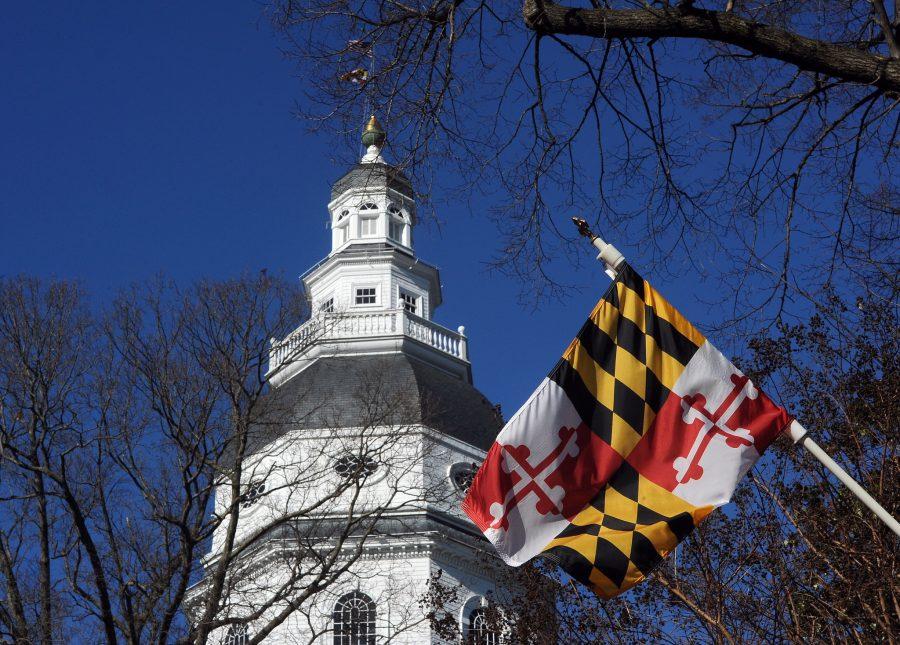Loyola’s Student Government Association (SGA) held a public meeting on Feb. 27 to inform concerned community members of the current status of the Community Safety and Strengthening Act, a piece of legislation that would allow private institutions such as Loyola and Johns Hopkins University to create armed, private police forces. This act, heard in Annapolis the week prior to this meeting, will now be voted upon by the Senate and the House of Representatives within the two days following SGA’s gathering.
Current graduate student, Rachael Martines ‘18, and Kassina Dwyer ‘19 wrote the official statement of Loyola Rising, an on-campus initiative fighting against the violence faced by the black community in Baltimore and beyond, regarding this legislation. This statement was sent out in a school-wide email the week prior to this meeting. The authors spoke to their work during the meeting, explaining where the act currently stands in the legislative process and how these actions could potentially affect Loyola and the Baltimore community.
Reiterated from their original statements, Martines, Dwyer, Loyola Rising, and Students Against Private Police (SAPP), an initiative active at Johns Hopkins University that Loyola Rising is working with to raise awareness on both campuses about this legislation, these representatives claim that such action would jeopardize the safety of minority students, faculty, and Baltimore residents.
Furthermore, Martines noted the connection between this legislation and upcoming hearings regarding the arming of police officers in K-12 Baltimore schools.
“As a teacher, I think of my middle schoolers. And how the world sees them may not necessarily be how I do, and that scares me,” Martines said. She and her fellow representatives urged Loyola students to consider how these bills are connected to one another, regardless of whether or not one supports the legislation.
“We are not trying to push a political agenda or view onto anyone,” said Lemuel Bourne ‘19, Loyola’s Student Body President. He, in addition to the rest of SGA, urged the present community members to conduct their own research and form their own opinion on this current situation. Bourne also mentioned that this legislation is a powerful transitional point for Loyola students to go beyond the institution’s politics and take an active part in the politics of the Baltimore community, no matter one’s opinion on this bill. To get Loyola students to this point of involvement, those bringing awareness to the legislation listed a number of actions the community can take.
Most pressing is calls and emails that can be made using this template to the listed legislators. The bill will be voted for on Feb. 28 and Mar. 1, and the representative bodies discussing this legislation encourage the community to construct emails immediately that can be sent prior to the final verdicts.
This petition can be signed by community members to show legislators where the feedback on this bill is coming from.
According to Dwyer, no official statement from President Rev. Brian Linnane or his office will be released.
Featured Image: Courtesy of The Baltimore Sun
















































































































